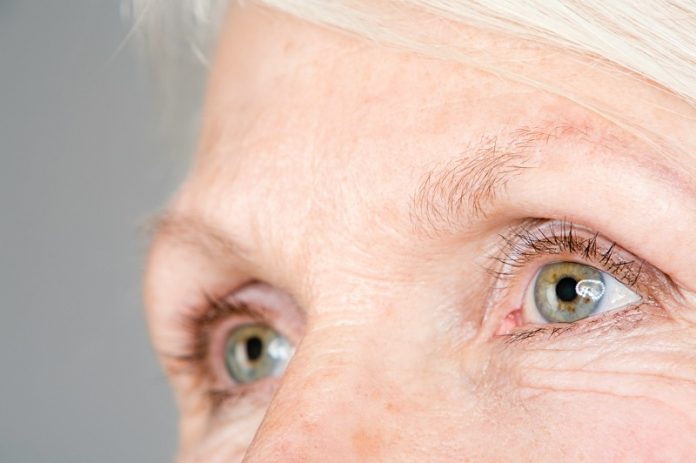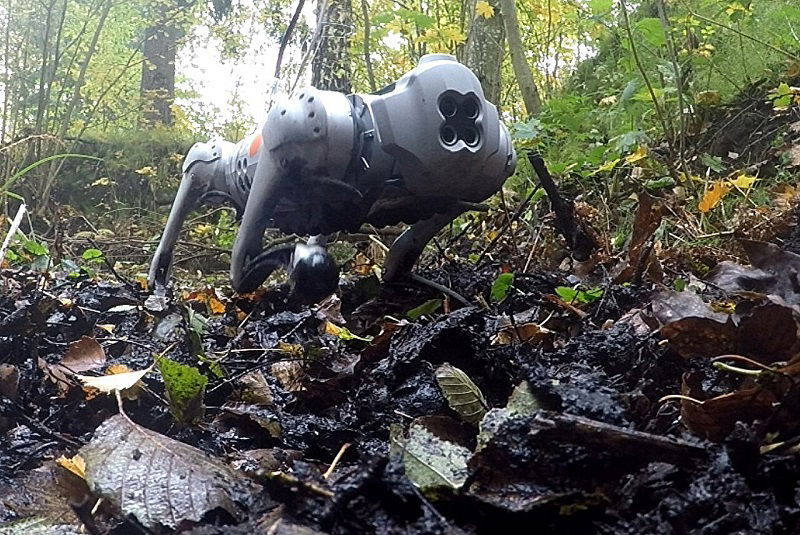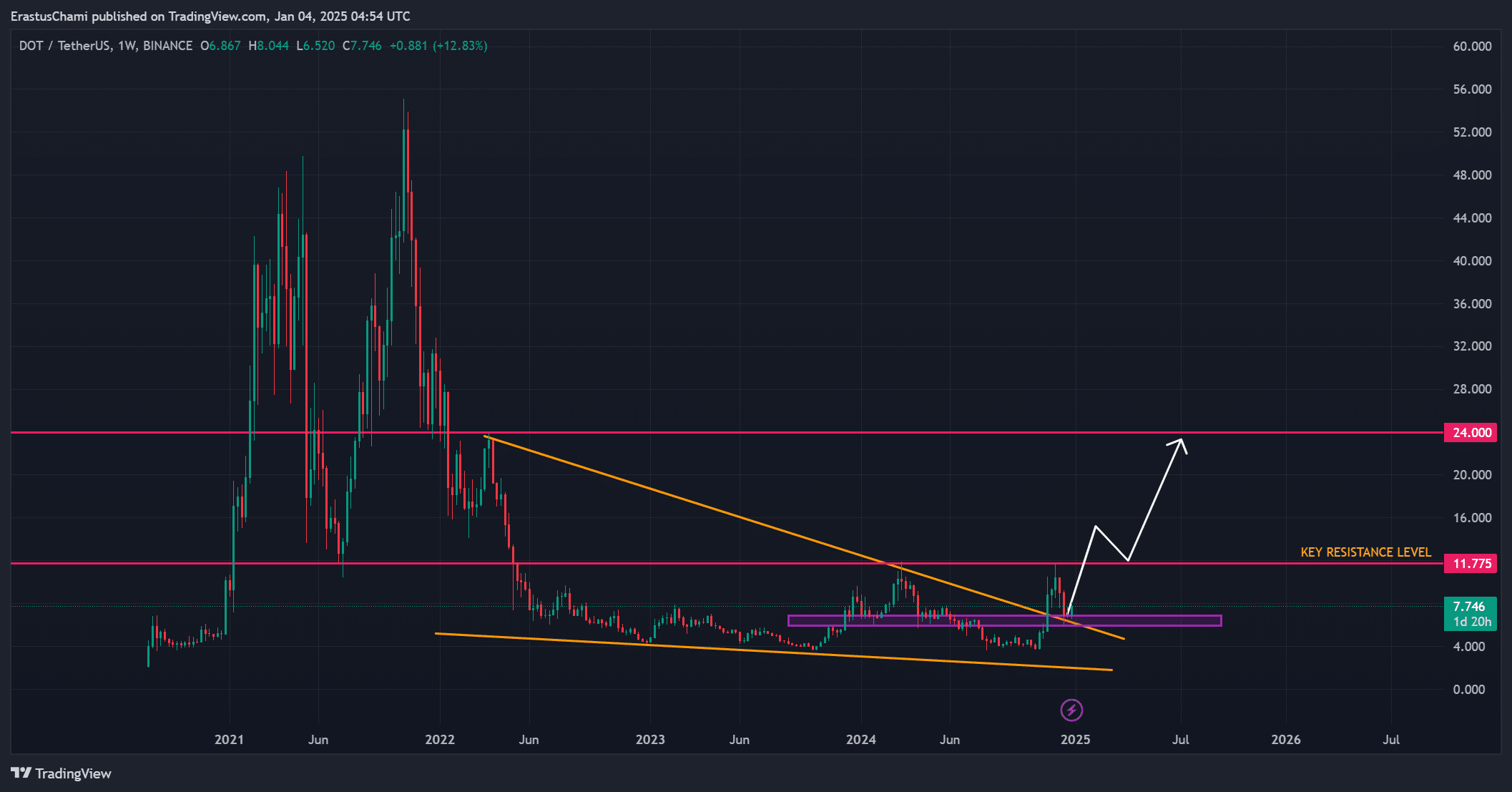

Glaucoma is often called the “silent thief of sight” because it can damage vision without warning signs.
It harms the optic nerve, a key part of the eye that carries visual information to the brain. Over time, untreated glaucoma can lead to blindness.
Most cases are caused by high pressure inside the eye, but there’s a rare type called normal-tension glaucoma. In this form, the optic nerve is damaged even though the eye pressure stays within the normal range.
Alzheimer’s disease, on the other hand, is a brain disorder that slowly destroys memory, thinking, and daily functioning.
As it progresses, it makes even simple tasks difficult. Both glaucoma and Alzheimer’s are serious conditions, but could they be related? A recent study suggests they might be.
A Surprising Discovery
In Taiwan, researchers studied a large group of people to find out if normal-tension glaucoma could be linked to Alzheimer’s disease. They looked at the medical records of over 15,000 people with normal-tension glaucoma and compared them with 61,000 people who didn’t have the condition.
By tracking these individuals over 12 years, the researchers were able to gather detailed information about their health over time.
The results were surprising. People with normal-tension glaucoma were found to have a 52% higher chance of developing Alzheimer’s compared to those without glaucoma. The risk was even greater for older women and for those who had previously suffered a stroke.
What’s more, treating glaucoma with medication did not lower this risk, raising important questions about the connection between these two diseases.
Dr. Yu-Yen Chen, who led the research, suggested that people with normal-tension glaucoma might benefit from screenings for Alzheimer’s. Early detection of Alzheimer’s could help patients get support and care sooner, improving their quality of life.
What Links These Two Conditions?
Although the connection between normal-tension glaucoma and Alzheimer’s is not yet fully understood, researchers believe there are common underlying factors. Both conditions involve damage to nerve cells.
In glaucoma, this happens in the optic nerve, leading to vision loss. In Alzheimer’s, it occurs in the brain, causing memory and thinking problems. In both cases, the cells responsible for sending signals stop working and eventually die.
These similarities suggest that glaucoma and Alzheimer’s may share a common pathway of nerve cell damage.
Scientists are hopeful that studying this link could lead to new treatments that benefit both conditions. For example, therapies that protect nerve cells might improve both vision and brain health.
Why This Matters
While not everyone with normal-tension glaucoma will develop Alzheimer’s, understanding the link between the two is important. It shows how closely connected eye health and brain health are.
Regular health check-ups, especially as we age, can help catch early signs of problems. Paying attention to changes in vision or memory could lead to faster diagnoses and better treatment.
This discovery is a reminder of the importance of caring for our overall health. By staying alert to changes in our bodies and seeking medical advice when needed, we can take steps to protect both our eyesight and our minds.
Researchers continue to explore this connection, and their work could one day lead to better ways to prevent and treat these serious conditions. For now, staying proactive about our health is the best way to live longer, healthier lives.
If you care about Alzheimer’s, please read studies about Vitamin D deficiency linked to Alzheimer’s, vascular dementia, and Oral cannabis extract may help reduce Alzheimer’s symptoms.
For more information about brain health, please see recent studies about Vitamin B9 deficiency linked to higher dementia risk, and results showing flavonoid-rich foods could improve survival in Parkinson’s disease.
Copyright © 2024 Knowridge Science Report. All rights reserved.








Leave a Comment